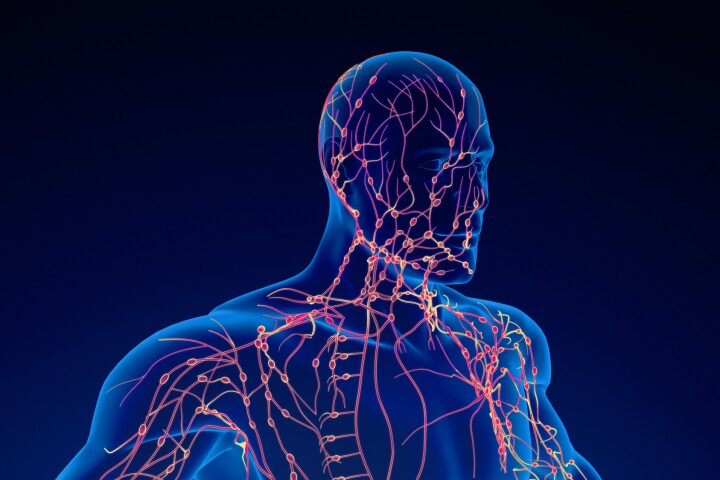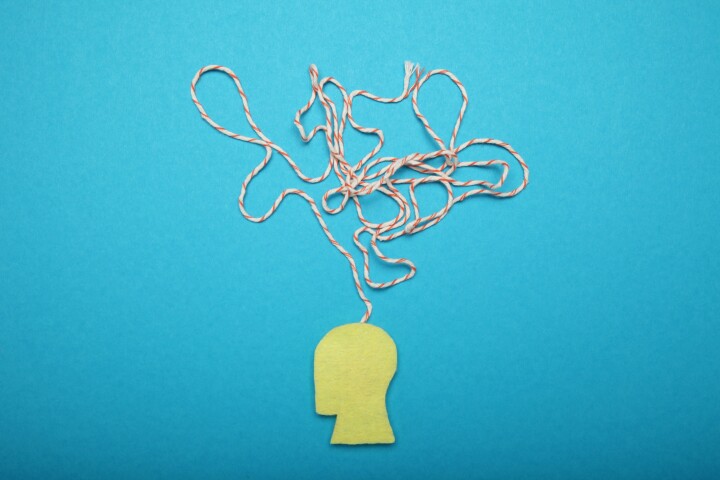Anxiety
-
Researchers have identified how Lactobacillus, a member of our guts’ microbiome community, affects a critical immune system protein, influencing stress levels and mental health. The findings could lead to new treatments for depression and anxiety.
-
A clinical trial of a non-benzodiazepine drug, a version of a naturally occurring neurosteroid, has shown that it’s as effective as Xanax at reducing anxiety. Critical to the trial’s success was technology that converted the neurosteroid into oral form.
-
Scientists have found the molecular mechanism that causes a losing zebrafish to wave the white flag. While fighting fish in general may not spark a lot of interest, their shared neurobiology with humans means this could be a very significant discovery.
-
A new study has challenged the commonly held belief that consciously suppressing negative thoughts is bad for our mental health, finding that people who did so had lower levels of post-traumatic stress and anxiety and less vivid intrusive thoughts.
-
Scientists have discovered that attention-deficit/hyperactivity disorder (ADHD), which is largely inherited, directly increases the risk of sufferers also developing major depression, post-traumatic stress, anorexia nervosa and attempting suicide.
-
Breathing exercises – in which a person takes slow, deep breaths – have been shown to reduce stress and anxiety. Focusing on breathing in this manner can be difficult, however, which is where the PAWS "breathing ball" is designed to come in.
-
It's normal to feel anxious about going under the knife, but stress before surgery can range from mild anxiety to overwhelming fear. Now, researchers believe a tech more often seen in video games – augmented reality – can help relieve that anxiety.
-
One in two people will be diagnosed with at least one mental health disorder by the age of 75 a new global study has found. The researchers say their findings highlight the importance of timely interventions tailored to at-risk people.
-
Researchers have used a novel, noninvasive method to overcome the challenge of delivering CRISPR/Cas9 gene-editing technology into the brain, knocking out a gene that causes anxiety and opening the door to the development of new medications.
-
For some people, wandering around a gallery to ponder over a Picasso, revel in a Rembrandt, or find meaning in a Magritte can boost their mood and improve their well-being. But is the same true for viewing art online? New research says that it is.
-
UK researchers have, for the first time, identified a genetic pathway in the brain that plays a key role in controlling anxiety, opening the door to the development of more effective treatments in the future.
-
For all their love and companionship, our four-legged friends can cause a lot of stress. Scientists have now mapped the brains of anxious dogs, showing that they are indeed different, and it could lead to better treatment for happier, calmer dogs.
Load More











